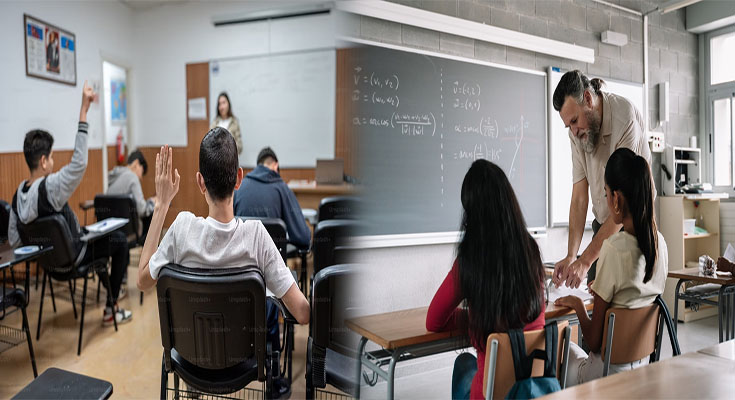In the modern era, technology has become an integral part of education, transforming how students learn and engage with academic material. With the widespread use of devices like laptops, tablets, and smartphones, educators and researchers have begun to explore technology’s impact on student engagement and achievement. This article delves into a recent quantitative study that examines the role of technology in enhancing student engagement and academic performance.
Study Design and Methodology
The study utilized a quantitative research design to investigate the relationship between technology use, student engagement, and academic achievement. A diverse sample of students from different grade levels and academic disciplines were included in the study. The researchers collected data on technology use in the form of self-reported usage frequency, duration, and specific applications or tools employed by students. To measure student engagement, the researchers employed validated instruments such as standardized questionnaires and observation protocols. Academic achievement was evaluated using objective measures, including GPA, standardized test scores, and teacher-reported grades.
Findings on Student Engagement
The study’s findings revealed a strong positive association between technology use and student engagement. Students who reported higher technology use were more likely to demonstrate active participation, enthusiasm, and a greater sense of ownership in their learning. The study identified several factors contributing to this correlation:
- Interactive learning resources: Technology allows for the use of interactive learning resources, such as educational apps, simulations, and multimedia content. These resources engage students by presenting information in a dynamic and visually appealing format, fostering deeper understanding and increased engagement.
- Personalized learning experiences: Technology provides opportunities for personalized learning experiences tailored to individual student needs. Adaptive learning platforms and intelligent tutoring systems can adjust the difficulty level and pacing of instruction according to each student’s abilities, promoting engagement and mastery of challenging material.
- Collaboration and communication tools: Technology facilitates collaboration among students, enabling them to collaborate on projects, exchange ideas, and provide feedback. Online discussion forums, group video conferences, and collaborative document editing platforms promote active engagement and peer interaction.
Impact on Academic Achievement
The study also examined the impact of technology on academic achievement. The findings indicated a positive correlation between technology use and academic performance. Students who reported higher technology use demonstrated higher GPAs, better performance on standardized tests, and improved grades. Several factors contributed to this positive relationship:
- Access to information: Technology enables students to access a vast array of information and educational resources. Online databases, e-books, and educational websites provide students with valuable supplementary material to support their learning. This easy access to information enhances comprehension, critical thinking, and knowledge acquisition.
- Real-time feedback: Technology allows for immediate feedback on student work, aiding in identifying areas for improvement and facilitating timely interventions. Automated grading systems, online quizzes, and educational apps provide instant feedback, enabling students to monitor their progress and make necessary adjustments.
- Enhancing study habits and organization: Technology provides tools to help students improve study habits and organization. Digital note-taking apps, time-management tools, and online study resources assist students in managing their workload, staying organized, and optimizing their study time.
Implications and Recommendations
The findings of this quantitative study have significant implications for educational practice and policy. Based on the results, several recommendations can be made to harness technology’s potential in promoting student engagement and achievement:
- Integration of technology: Schools and educational institutions should invest in technology infrastructure and provide access to digital devices and resources for all students. Integration of technology into curricula should be intentional and purposeful, aligning with educational goals and objectives.
- Professional development for educators: Teachers should receive continuous training and professional development on effective pedagogical approaches using technology. This will equip them with the skills necessary to leverage technology tools and platforms to facilitate student engagement and learning.
- Evaluation and selection of technology tools: Careful evaluation and selection of technology tools and applications should be undertaken to ensure their alignment with educational objectives. Tools should be chosen based on evidence-based research indicating their effectiveness in promoting engagement and achievement.
- Equity in access: Efforts should be made to bridge the digital divide and ensure all students have equal access to technology resources. Schools should advocate for policies and initiatives that address equity issues related to technology access, particularly for disadvantaged students.
The quantitative study highlights the positive relationship between technology use, student engagement, and academic achievement. The findings indicate that technology, when effectively integrated into educational practices, can enhance student engagement, foster personalized learning experiences, and improve academic outcomes. By implementing the recommendations outlined above, educators, policymakers, and stakeholders can harness technology’s potential to provide an enriched educational experience, empowering students to reach their full potential.





